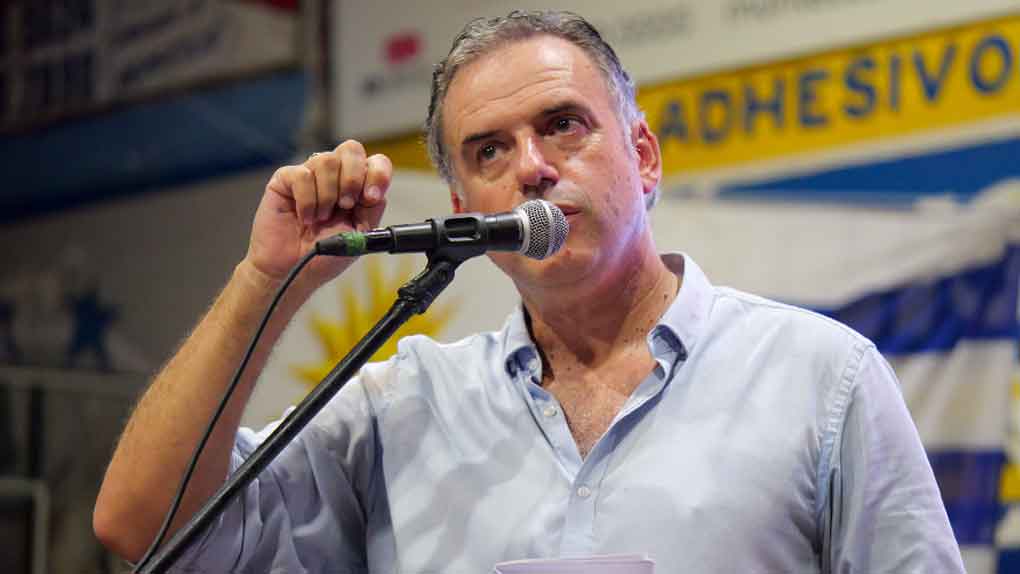Amidst the controversies surrounding the appointments within the Chilean Judicial Power and the National Prosecutor’s Office, lawmakers Jaime Naranjo (Socialist Party) and Carmen Hertz (Communist Party) recently expressed their concerns. These controversies were brought to light through a report by CiperChile, revealing the workings of key players in the Judicial Power, aiming to influence appointments in the Supreme Court, National Prosecutor’s Office, and the country’s Conservators of Real Estate.
Both lawmakers, who belong to the ruling coalition, agreed that these actions amount to corruption. Furthermore, they voiced that the institutions in question are “partially functional”. This assertion underscores the severity of the situation, highlighting the compromised integrity of these institutions and the potential implications on their functionality and the public’s trust.
Jaime Naranjo, a deputy of the Socialist Party, stated, “Two fundamental institutions for delivering justice in the country are suffering severe problems and are sinking in the face of acts of influence, influence peddling, and corruption – the Judicial Power and the National Prosecutor’s Office”. He went on to express his hope that the Supreme Court, which is set to meet in full session the following Wednesday, could send clear signals to the country to regain trust in this institution. He also expressed his expectation that the National Prosecutor could provide clear signals for the country to regain faith in the National Prosecutor’s Office. He further emphasized that both the Judicial Power and the National Prosecutor’s Office are going through an extraordinarily critical situation which has led to the vast majority of the country losing faith in these institutions.
Carmen Hertz, a deputy of the Communist Party, echoed Naranjo’s sentiments. She noted, “Unfortunately, in our country, we cannot say that the institutions are functioning, because the institutions are operating halfway, to put it elegantly. That the Judicial Power and the National Prosecutor’s Office are questioned, as Deputy Naranjo pointed out, in situations of corruption and influence peddling, is extremely damaging to democratic coexistence”.
These strong words from two of Chile’s lawmakers bring attention to the systemic issues within the country’s institutions of justice. The accusations of corruption and influence peddling within the Chilean Judicial Power and the National Prosecutor’s Office have led to a crisis of confidence among the citizenry. These institutions, which are key to maintaining law and order, and delivering justice, are now facing an uphill battle to regain the trust of the people. The question now is how these institutions will respond to these allegations and what steps they will take to rectify the situation and restore public faith in their operations.
The report by CiperChile has certainly stirred the pot and drawn attention to these issues. The revelations have not only instigated a debate among lawmakers but have also left the public demanding transparency and accountability from these institutions. With the Supreme Court scheduled to meet in an upcoming session, the country will be closely watching for their response and their plan for rectifying these systemic issues. The same expectation stands for the National Prosecutor’s Office, which also faces a crisis of confidence. How these institutions handle this crisis will be crucial for their future, as well as for the future of Chile’s justice system.


